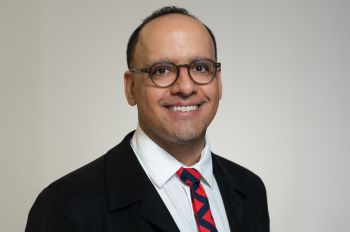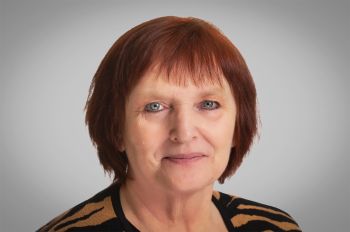IP Program Earns A+ Rating in preLaw Magazine
Chicago-Kent’s Program in Intellectual Property Law, known for its influential faculty and broad array of course offerings, is one of 17 American law schools recently awarded a grade of A+ by preLaw Magazine.
The ratings, published in the magazine’s spring 2019 issue, evaluate IP programs at law schools throughout the United States, calling out exemplary programs for grades of A+, A, and A-.
The magazine based its grading on curricular concentrations, clinics, centers, externships, journals, student groups, and certificates, among other factors. Additional schools awarded a grade of A+ include Columbia Law School and UC Berkeley School of Law.
“prelaw Magazine’s A+ rating is further testament to the strength of Chicago-Kent’s IP Program,” says Professor Edward Lee, program director. “By any objective measure, Chicago-Kent’s program is among the best in the country—in terms of faculty, curriculum, programming of IP events, and innovative centers. I’m proud to play a part, along with my stellar colleagues, in the success of the program.”
Chicago-Kent’s program is distinguished by its breadth of course offerings, from an array of specialized patent and technology-related courses to courses that address branding, advertising, entertainment, music, and the arts, along with international and comparative IP courses. The program is recognized for its annual Supreme Court IP Review conference; its Center for Design, Law and Technology; its BookIT series featuring authors of newly published books; a vibrant Intellectual Property Law Society; and the student-run Chicago-Kent Journal of Intellectual Property, which is the official publication for the national PTAB Bar Association.
IP students can also work at the law school’s Patent Hub, a joint project with USPTO that matches low-income inventors with the pro bono legal assistance of volunteer patent attorneys.
An additional law school program, 1L Your Way, allows IP students to take patent law or other upper-level IP course during the second semester of their first year of law school, sooner than at most American law schools.



